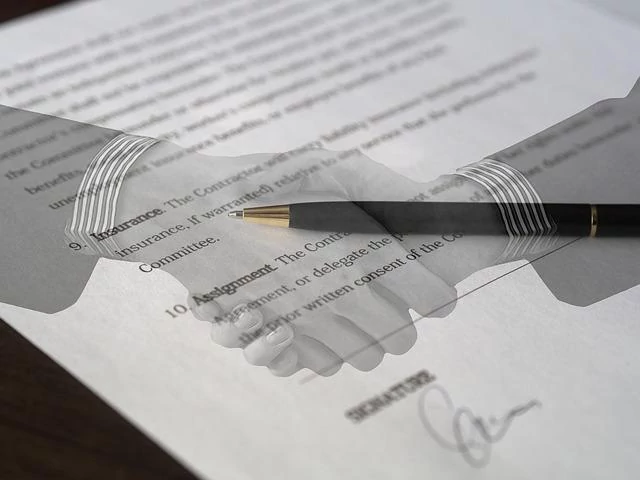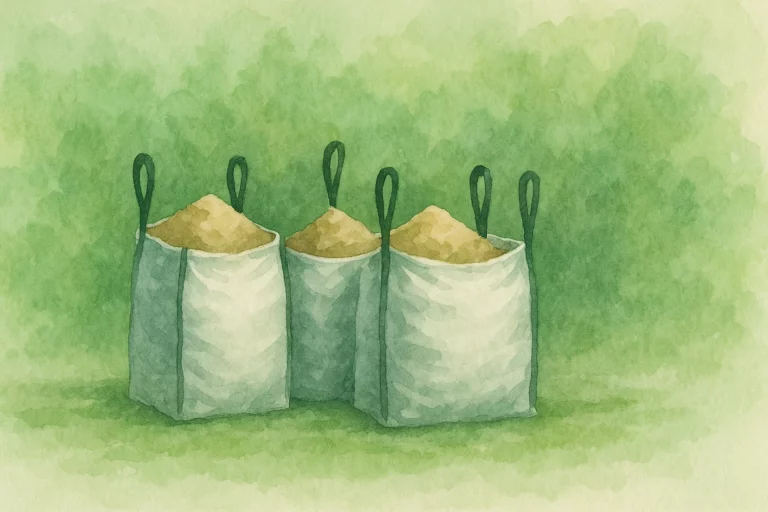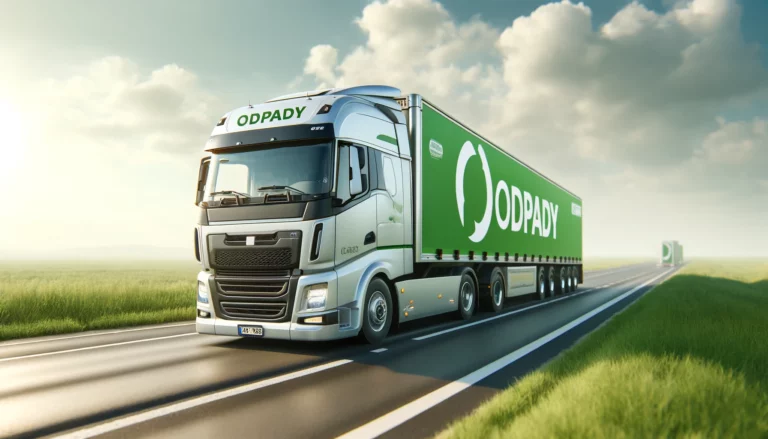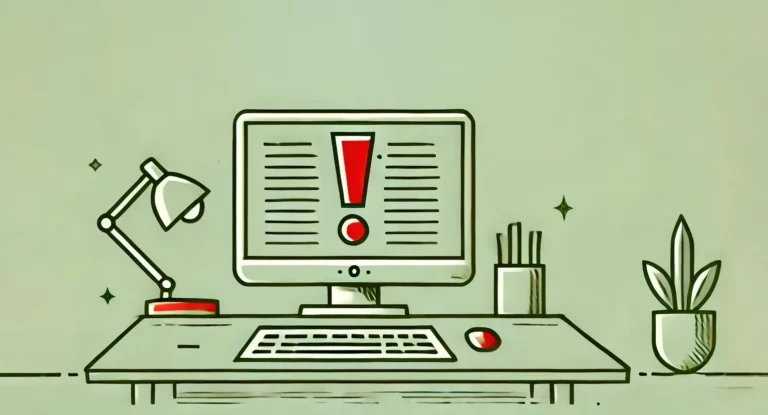Permitting the transport of plastic waste: how to exploit the recycling potential in Europe
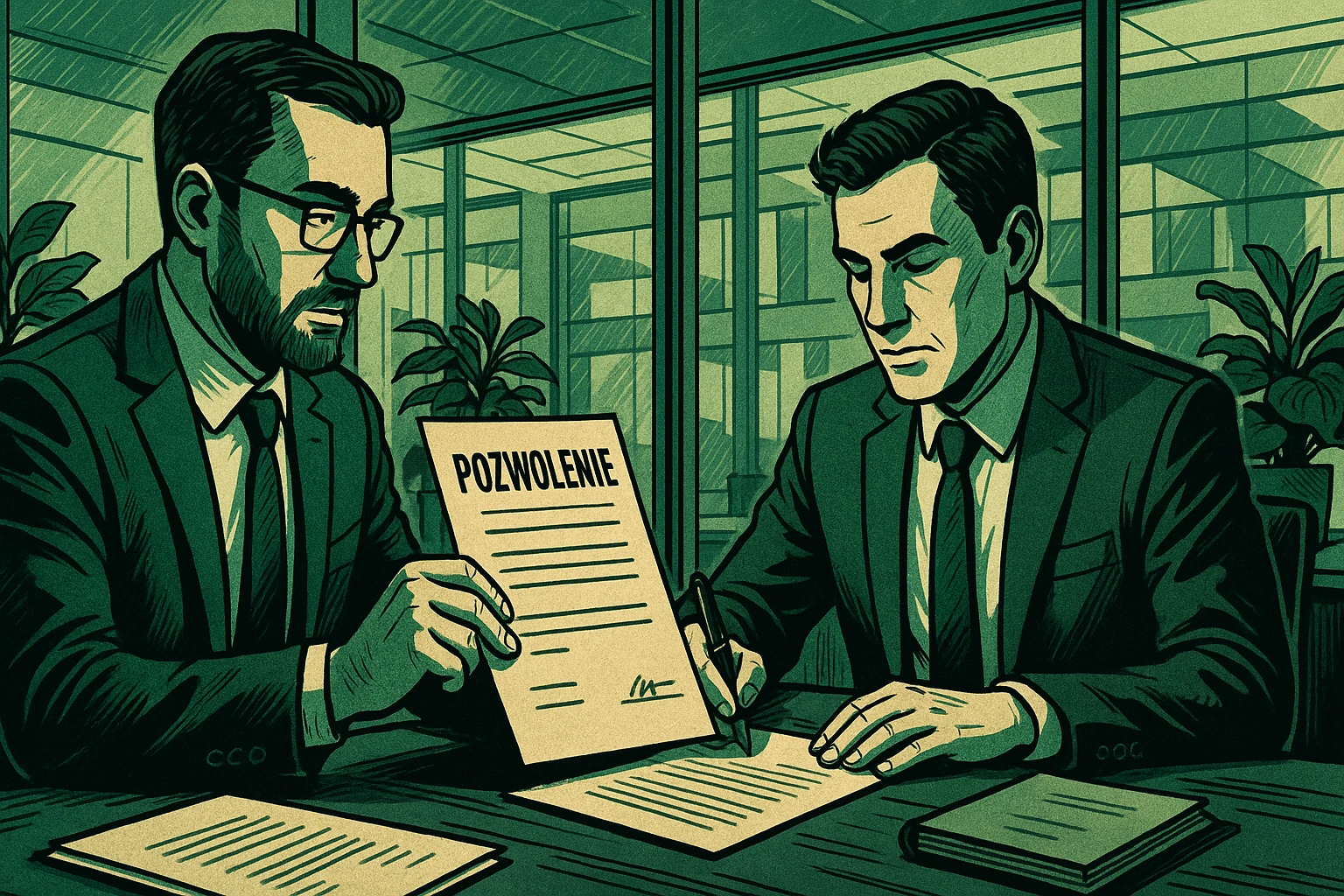
Europe is getting better at recycling packaging. Year on year, the amount of waste that goes back into circulation instead of going to landfill is increasing. At the same time, the role of plastic as a secondary raw material, rather than just a „problem to be solved”, is growing. However, there is something else behind these figures. Every tonne of waste has to physically make its way from a warehouse, logistics centre or production facility to a recycling plant. This is why the plastic waste transport permit is becoming a real business development tool for hauliers, rather than just another document. Below we show how to combine the potential of recycling with the working practices of a haulage company.
Are you considering entering the waste market?
Take the first step and obtain a waste transport permit with our help:
e.nadolna@ekologistyka24.pl , +48 881 045 376
j.blazewicz@ekologistyka24.pl , +48 500 867 153
The potential for plastic recycling in Europe - what the figures say
As euronews.com reports, approximately 80 million tonnes of packaging waste are generated annually in the European Union, or an average of around 178 kg per inhabitant. Of these, the vast majority are materials that can be recycled and reused. What materials do these packaging materials come from? The share of the various elements in the packaging waste stream looks like this in simple terms:

In practice, this means that paper with cardboard and plastic form two key streams for packaging recycling. Paper is relatively easy to recycle. Plastic requires more technology, more careful selection and better logistics. At the same time, it offers great opportunities because plastic products are very versatile. Secondly, if we look only at plastic packaging waste, the average EU resident generates about 35kg of such waste per year. Of this, roughly 40-45% ends up in recycling. The rest still ends up in incinerators or landfills.
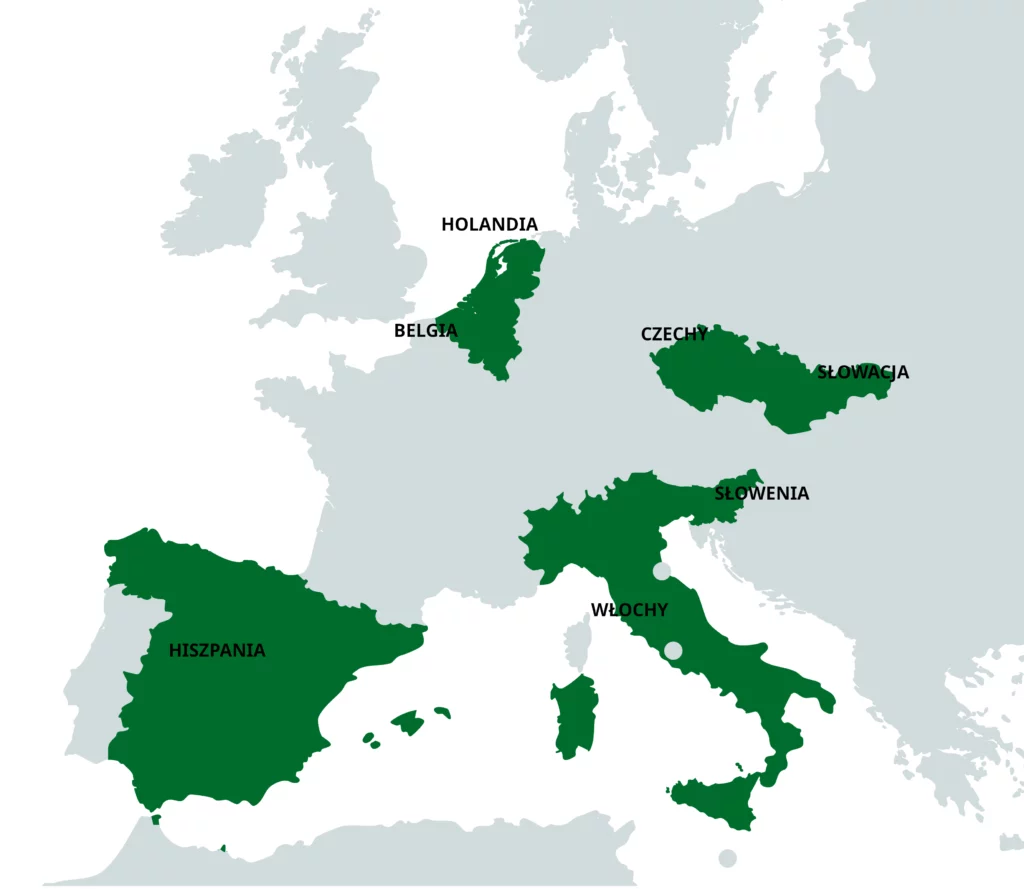
Thirdly, recycling of packaging, including plastic, is already operating at a very high level in several countries (see illustration above). Belgium, the Netherlands, Italy, the Czech Republic, Slovenia, Slovakia and Spain are achieving more than 70% of recycling of all packaging waste, i.e. meeting the EU target for 2030 well in advance. In the recycling of packaging plastic, leaders include Belgium and Latvia, which achieve levels close to 55-60%. These figures show two things at once. Firstly, the potential plastic recycling in Europe is real, not theoretical. Secondly, in order for this system to work, someone has to constantly bring huge amounts of waste to the plant.
From potential on paper to real recycling: the role of logistics
The statistics look good, but behind every kilo of recyclate there is a very specific supply chain. First the waste has to be collected. Then it has to be sorted, prepared for transport and finally transported to the recycling plant. Without reliable hauliers, the whole system stops halfway. On the one hand, some plastic waste goes to local recyclers. On the other hand, many streams have to be sent to other regions or even other countries. Not every country has facilities to process all types of plastics. Therefore, some of the waste has to travel hundreds and sometimes thousands of kilometres before it turns into a secondary raw material.
In practice, this means a constant need for transport of plastic waste. Production companies, logistics centres, sorting plants and recyclers need hauliers who understand the specifics of such loads. This ensures that waste does not linger in yards, but moves smoothly on through the system. What's more, in many cases recycling facilities operate on a continuous basis. They require regular deliveries of both waste and collection of materials after sorting. Therefore, a haulier who can handle such transports becomes an important partner.
Here is the key question: why can't every haulier just take a load of plastic waste and go on their way?
Why the transportation of plastic waste is in a different league to regular freight
In most European countries, the haulier must have the appropriate registration or permit for the transport of waste, even if it is „only” a delivery of plastic waste. Without this, the haulier runs the risk of fines, cargo detention and even a ban on operating in the country in question. In the case of cross-border transport EU waste shipment regulations are coming into play. Some plastic waste can be transported in a simplified procedure, as it is on the so-called green list. Nevertheless, the haulier must take care of the correct documentation, applications and marking of the load. Otherwise, all responsibility falls on him and the principal.
Waste collectors are increasingly vetting who they work with. Recyclers and brokers prefer hauliers who operate fully legally and can handle waste documentation. In doing so, they reduce risk of penalties and controls. Therefore, the transport of plastic waste is „in a different league” to normal freight. It requires greater awareness of regulations and more attention to paperwork. At the same time, it opens the door to stable, recurring orders that do not disappear after one season.
You don't have to deal with the formalities yourself
We will assist you in obtaining a waste transport permit. Call or write today:
e.nadolna@ekologistyka24.pl , +48 881 045 376
j.blazewicz@ekologistyka24.pl , +48 500 867 153
What does a haulier gain from obtaining a waste transport permit
This is where we get to the heart of the matter. A permit for transporting plastic waste is not just an obligation. It is first and foremost a tool for the development of a transport company.

Access to a growing market
The objectives of the European Union are clear. The share of recycling of packaging, including plastic, is to increase. At the same time, the requirements for the recyclate content of new packaging are increasing. As a result, there is a growing demand for good quality plastic waste, and therefore also for its regular transport.
A carrier with the right permit can enter this market segment and handle waste streams that will be needed for years to come.

More stable orders and longer contracts
Plastic waste is generated every day. Production plants, storage centres, retailers and logistics companies generate it on a continuous basis. Therefore, transports in this segment are often repetitive in nature. This allows the haulier to plan the work of the fleet over the long term, rather than just „overnight”.

Advantage in tenders and conversations with customers
More and more companies are focusing on meeting environmental targets. On the one hand, this is due to national and EU regulations. On the other hand, it is driven by the expectations of customers and partners. A haulier who has a permit to transport plastic waste can help to implement guidelines related to recycling and the closed loop economy.
Such a company is no longer just a provider of a transport service. It becomes part of a value chain that promotes recycling and reduces environmental impact. This is a real advantage when negotiating rates and terms of cooperation.
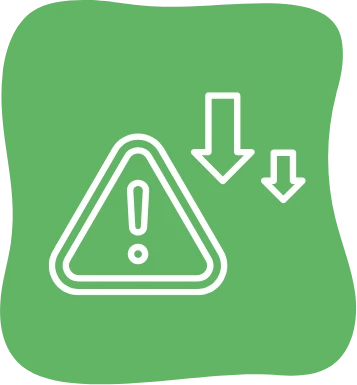
Less risk and more peace of mind
Finally, it is also worth highlighting the simple issue of safety. Operating without the required permit always means risk. A roadside inspection, an environmental inspection, a complaint from a customer - any such situation may end not only with a fine, but also the loss of the principal.
A haulier who operates legally sleeps more soundly. He can concentrate on organising his transport rather than worrying about whether the next inspection will result in a problem.
How to enter the plastic waste market in 4 steps
Entering the plastic waste market does not have to be complicated. It does, however, require a structured approach. Here are four steps to consider.
Step 1 Check your potential
To begin with, it is worth answering a few questions:
- which routes you operate most frequently,
- what trailers you have available,
- which industries you are already working with.
Often it turns out that a company that hauls goods for retail chains, food manufacturers or logistics operators has the perfect profile for transporting plastic waste. All they need to do is change the way they think about the load and complete the paperwork.
Step 2. Obtain or complete permits
Next, the issue of permits must be settled. At this stage, the carrier:
- checks the requirements in its country of establishment,
- analyses the requirements in the countries to which he travels most frequently,
- determines what documents and certificates are needed to legally transport plastic waste.
In many cases, this step can be taken relatively quickly if the someone to guide the company through the procedures step by step.
Step 3 Organise documentation and procedures
The next stage is documentation. The idea is to:
- know what documents accompany the waste consignment,
- determine who fills them in and who checks them,
- ensure the proper flow of information between the principal, the driver and the consignee.
This way, the driver knows what he is carrying. The forwarder knows what to prepare. And the customer can see that the haulier has order not only in the schedule, but also in the paperwork.
Step 4. Showcase yourself in the market as a plastic waste carrier
Finally, it is worth taking care of visibility. The carrier can:
- inform existing customers that it has a permit to transport plastic waste,
- join specialised waste carrier depots,
- make contact with recyclers and brokers who are looking for companies with the right credentials.
As a result, the company is not passively waiting for orders. Instead, it is actively entering a segment that has clear growth prospects.
Recycling potential of plastics and carrier decision
Europe is increasing the recycling of packaging, including plastic waste. The data shows this clearly. At the same time, meeting these targets depends on the daily runs that waste hauliers make. Permission to transport plastic waste is therefore becoming more than a formality. For many companies, it can be the start of a new business segment. On the one hand, it requires decisions and preparation. On the other hand, it opens up access to a market with great potential.
Ultimately, the question is not whether plastic recycling in Europe will grow. That is determined by the direction of regulation and market expectations. Rather, the question is whether your company will be one of those that will service this potential - or just watch it from the sidelines.
Take matters into your own hands and get a plastic waste permit
You already know what you stand to gain by deciding to obtain the relevant permit.
Don't wait for the competition to overtake you. Call or write to us:
e.nadolna@ekologistyka24.pl , +48 881 045 376
j.blazewicz@ekologistyka24.pl , +48 500 867 153

